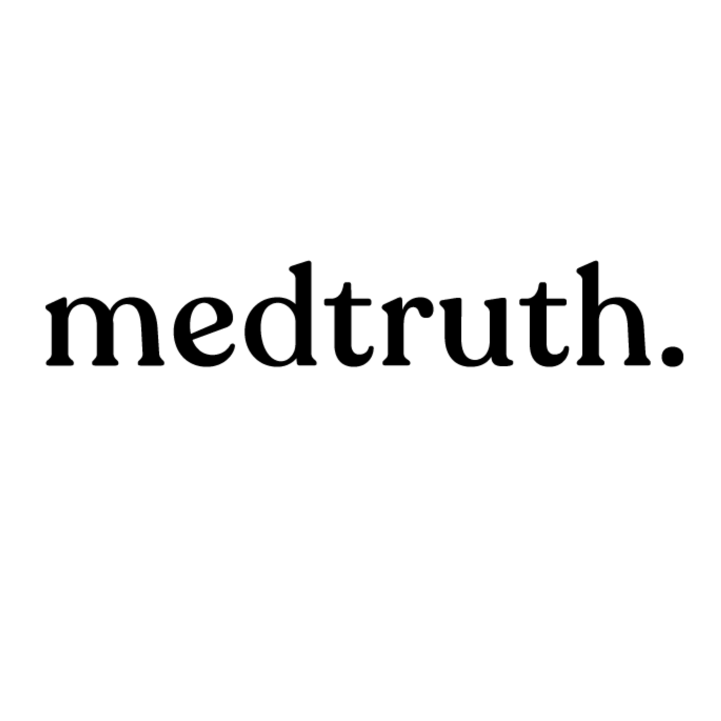As Pressure Linked to Shortages Mounts, Trump Officially Orders Ventilator Production
Legislation
On Thursday President Trump cleared supply-chain confusion and officially invoked the Defense Production Act to order the production of ventilators and other medical equipment from private manufacturers. The presidential memorandum comes amid growing concern from U.S. health care professionals facing shortages of medical supplies vital to treating patients with COVID-19.
Dating back to the 1950s, the Defense Production Act is a wartime law that provides the president with the authority to direct private industry to prioritize the production of supplies during a national emergency.
Ventilators are essential to treating patients with pneumonia and respiratory distress caused by a severe case of coronavirus. The directive addressed six specific companies: General Electric, Hill-Rom Holdings, Medtronic, ResMed, Royal Philips, and Vyaire Medical.
President Trump invoked the DPA after facing pressure from government officials, including New York Gov. Andrew Cuomo, who requested at least 30,000 ventilators for COVID-19 patients last week. New York state has an estimated 40,000 confirmed cases of coronavirus, by far the most in the nation and the highest per capita as well.
In Striking Reversal, Americans Now Urged to Wear Masks or Face Coverings
Public Health
The U.S. Centers for Disease Control and Prevention, U.S. Surgeon General Dr. Jerome Adams, and other public health experts have sent a consistent message to Americans throughout the coronavirus crisis: Only wear masks if you’re sick to keep from infecting others and to save masks for healthcare workers amidst a critical shortage. Officials have repeatedly emphasized that masks are not needed, or even necessarily helpful, for protecting oneself against COVID-19 infection.
Now this guidance is being reversed as concerns mount over spread by asymptomatic carriers, as many as 50% of those infected. Over the past week, as reported by the New York Times, some health experts and government officials have begun questioning official guidance and encouraging the use of face coverings such as a scarf or banana when in public.
“We are recommending you use cloth face coverings plus physical distancing for essential activities. Do not use surgical and N95 masks, which are reserved for first responders and medical workers,” Los Angeles Mayor Eric Garcetti announced yesterday.
The Washington Post reported Thursday that the White House is expected to issue an advisory to wear face coverings in public to prevent the spread of infectious droplets.
Tylenol Sales Soaring Amidst Growing Coronavirus Pandemic
Drug Developments
After French Health Minister Olivier Véran recommended acetaminophen (Tylenol) for coronavirus patients, saying that nonsteroidal anti-inflammatory (NSAID) drugs like ibuprofen and aspirin prolong symptoms, the public became confused about which drugs were safe to take.
The World Health Organization originally affirmed this recommendation, then rescinded that recommendation citing a lack of supporting scientific evidence.
Now, Tylenol sales are spiking, according to a Reuters report. This may be due to a general trend in panic buying and stocking up on essentials such as medication, but some people may remain concerned about taking ibuprofen out of an abundance of caution given the conflicting reports about safety in coronavirus patients.
U.S. Outpaces Other Countries With Soaring Rates of Coronavirus Cases
Public Health
As the coronavirus continues to spread, 240,511 of more than 1 million global cases are in the United States. The number of deaths in the U.S. climbed to 5,810, making up 9.8% of the global COVID-19 death toll.
New York and New Jersey contain the majority of cases, 84,735 and 22,255 respectively, according to the U.S Center for Disease Control and Prevention. States like California, Florida, Louisiana, Massachusetts, Michigan and Pennsylvania have between four and ten thousand confirmed cases.
No official stay-at-home order has been issued for the nation as a whole. As of April 2, five states have not implemented a stay-at-home order: Arkansas, Iowa, Nebraska, North Dakota and South Dakota. In other states, including Alabama, Missouri, Oklahoma, South Carolina, Texas, Utah, and Wyoming, certain cities have initiated a stay-at-home order.
Citizens are being cautioned to stay home as much as possible, only leaving for absolutely vital errands.

